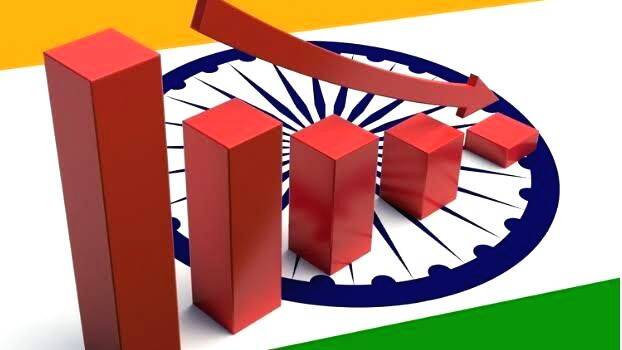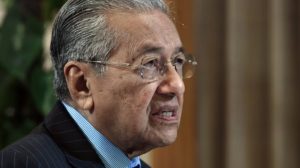India’s government is likely to cut spending for the current fiscal year by as much as 2 trillion Indian rupees as it faces one of the biggest tax shortfalls in recent years.
Asia’s third largest economy, which is growing at its slowest pace in over six years because of lack of private investment, could be hurt further if the government cuts spending.
But with a revenue shortfall of about 2.5 trillion rupees, the government has little choice to keep its deficit within “acceptable limits”, the first official, who did not want to be named, told Reuters.
The government has spent about 65% of the total expenditure target of 27.86 trillion rupees till November but reduced the pace of spending in October and November, according to government data. A 2 trillion-rupee reduction would be about a 7% cut in total spending planned for the year.
In October and November, government spending increased by 1.6 trillion rupees, nearly half the 3.1 trillion it spent in September. The fiscal year starts April 1 and ends March 31.
Lack of demand and weak corporate earnings growth in the economy led to lagging tax collections this year. Analysts said growth will be hurt. “When the private investment has slowed so much, this will definitely drag down growth further,” said Rupa Rege Nitusure, chief economist at L&T Financial.
Even a surprise corporate tax rate cut announced by Finance Minister Nirmala Sitharaman earlier this year failed to spur private investment in the economy.
India’s economic growth slowed for six consecutive quarters to 4.5% in July-September, despite a 135-basis-point cut in interest rates by the central bank since February 2019.
Even the Reserve Bank of India seems to have become more worried about inflation rising. It kept its key lending rate on hold on December 5, even though it slashed its growth forecast for the current fiscal to 5%, which would be the lowest in a decade.





